SkyDeck from Windspeed Tech.
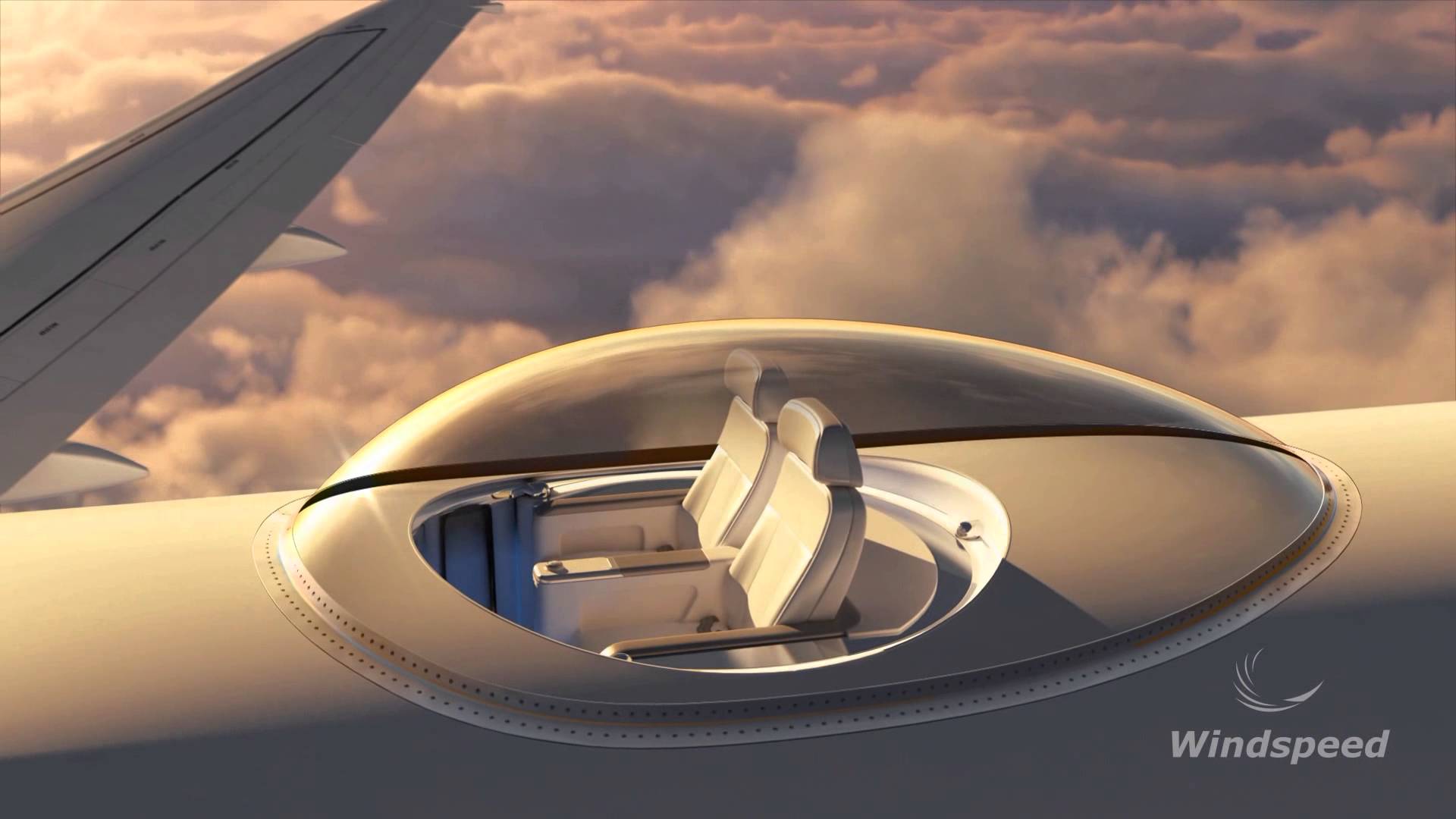

SkyDeck from Windspeed Tech.
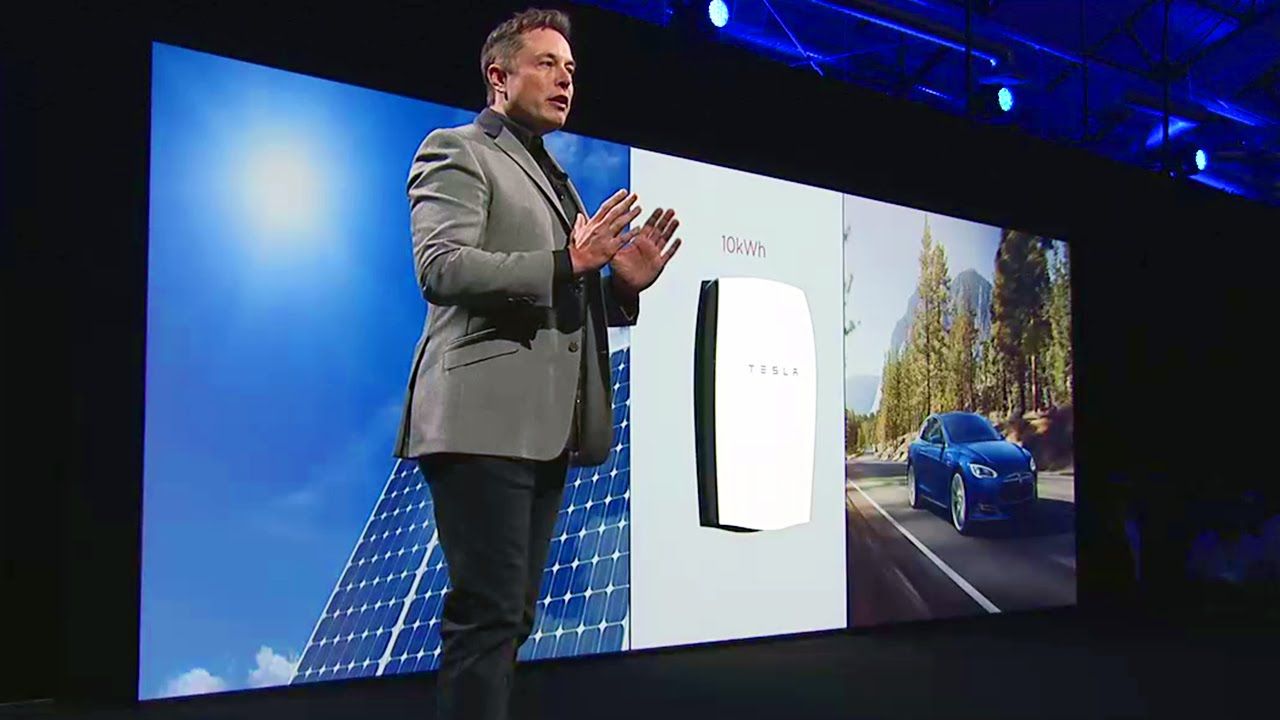
https://www.youtube.com/watch?v=yKORsrlN-2k
Tesla Powerwall Keynote by Elon Musk “The Missing Piece”
English and Spanish subtitles added, credit to Luis Gámez for transcribing and translating.
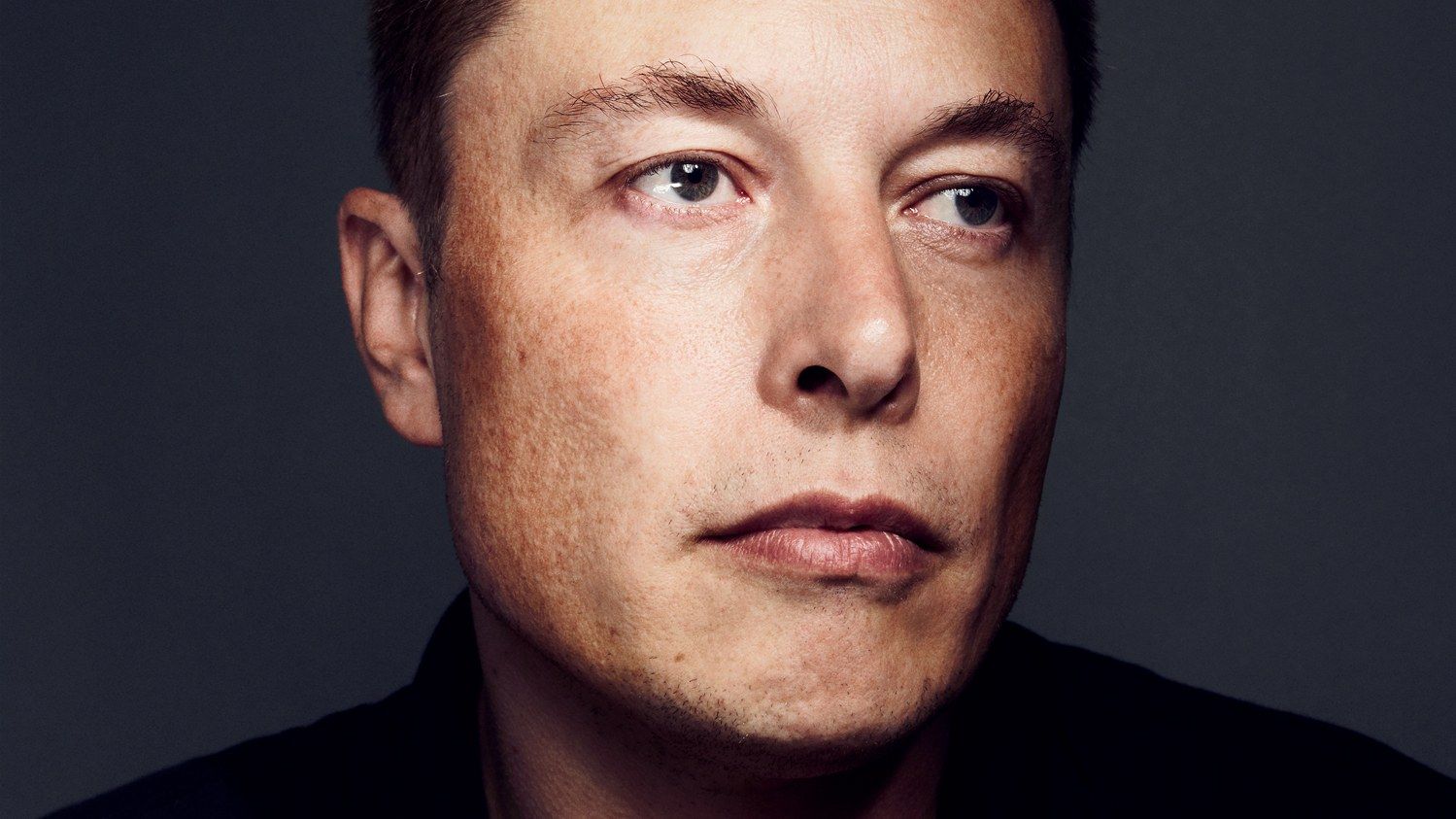
One of his companies is trying to upend the auto industry. Another of his companies is trying to put people on Mars. Yet another is trying to bring electricity to everyone who needs it. Elon Musk wants to reinvent the world in a single lifetime. But is the future ready for Elon Musk?
Following the current fashion for visionary technological geniuses to be portrayed through three critical moments in their lives, * here are three from Elon Musk’s. Except, in this case, they all come from one single day—October 12, 2015, a Monday—a day that feels like it could’ve been pretty much any day in Musk’s life right now.
Musk starts most workweeks here at his rocket company, SpaceX, in an industrial suburb of Los Angeles, and each Monday, he explains to me, there is a brainstorm about “Mars colonial transport architecture.” He says these words as though most people could look through their Monday schedule and find something similar.

Recently, the study of potential risks from advanced artificial intelligence has attracted substantial new funding, prompting new job openings at e.g. Oxford University and (in the near future) at Cambridge University, Imperial College London, and UC Berkeley.
This is the dawn of a new field. It’s important to fill these roles with strong candidates. The trouble is, it’s hard to find strong candidates at the dawn of a new field, because universities haven’t yet begun to train a steady flow of new experts on the topic. There is no “long-term AI safety” program for graduate students anywhere in the world.
Right now the field is pretty small, and the people I’ve spoken to (including e.g. at Oxford) seem to agree that it will be a challenge to fill these roles with candidates they already know about. Oxford has already re-posted one position, because no suitable candidates were found via the original posting.
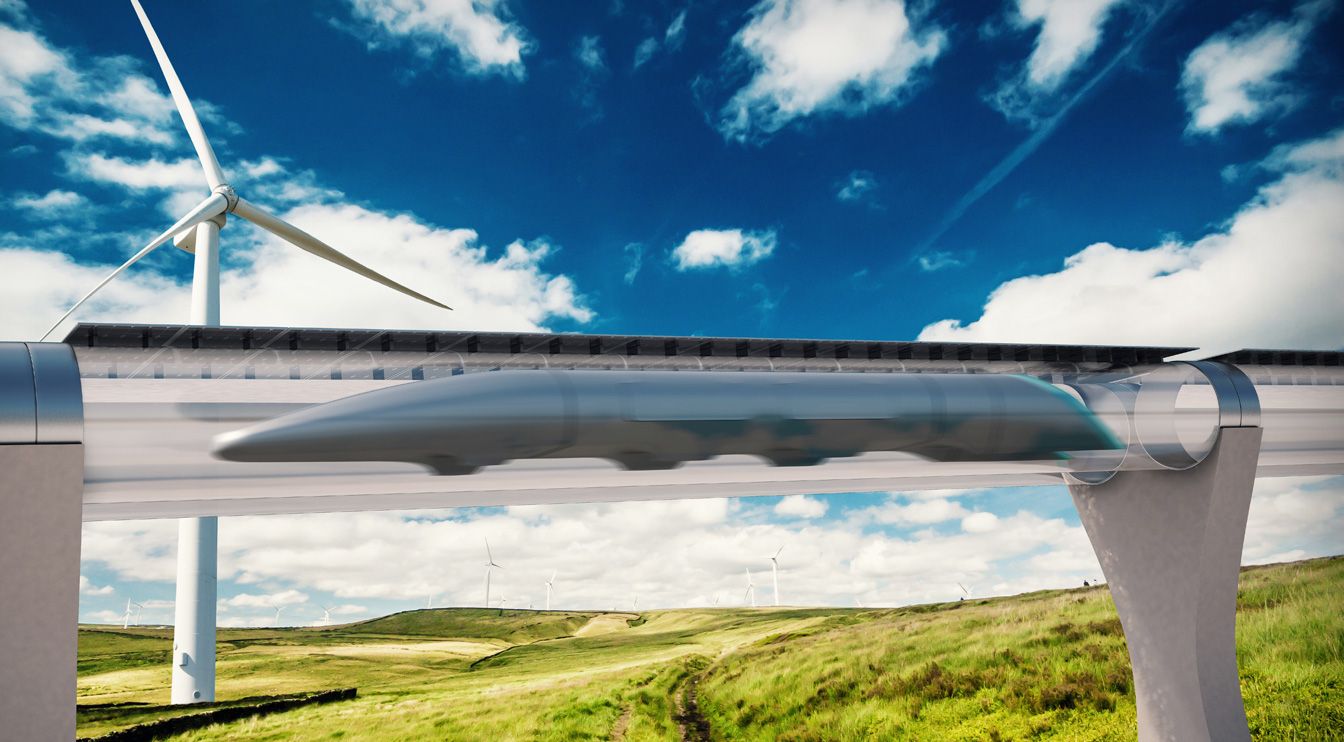
Plans to build a test track for a Hyperloop are moving ahead. Hyperloop Technologies will build a major test center near Las Vegas to explore linear electric motor designs and evaluate its implementation.
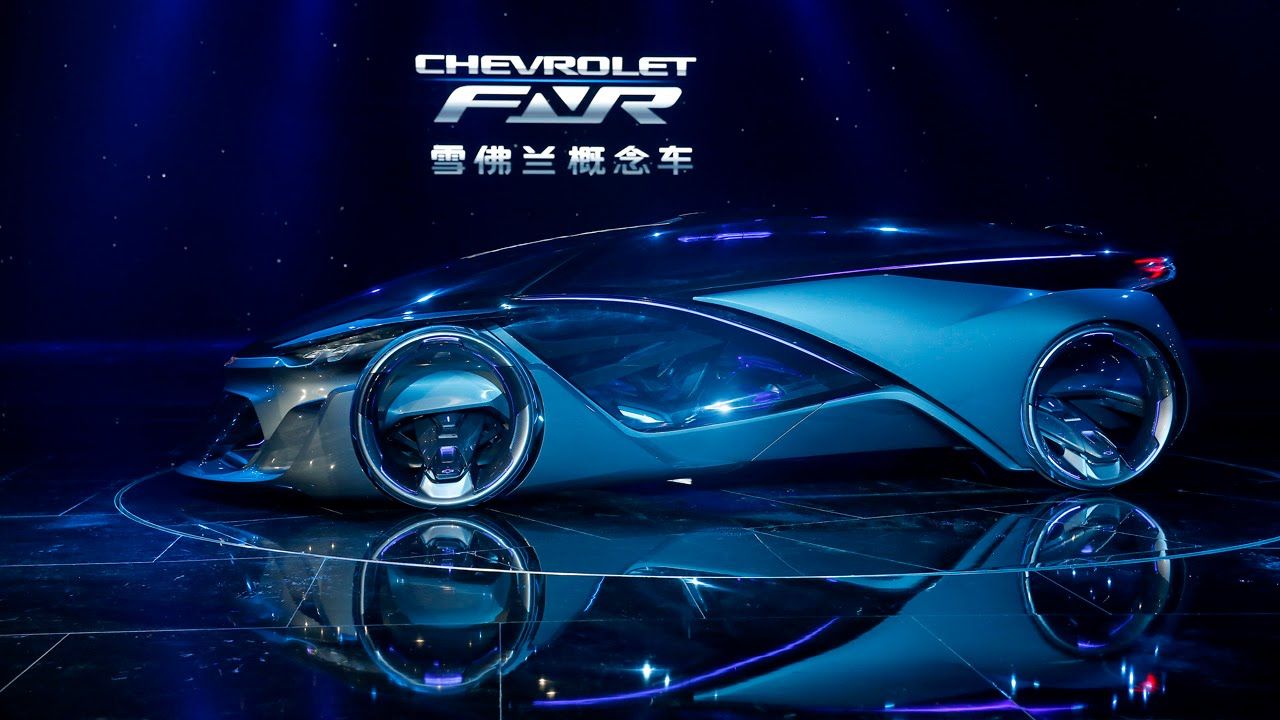
Chevrolet-FNR autonomous electric concept vehicle.
The car of the future just got a whole lot more interesting. See it in action in this video.
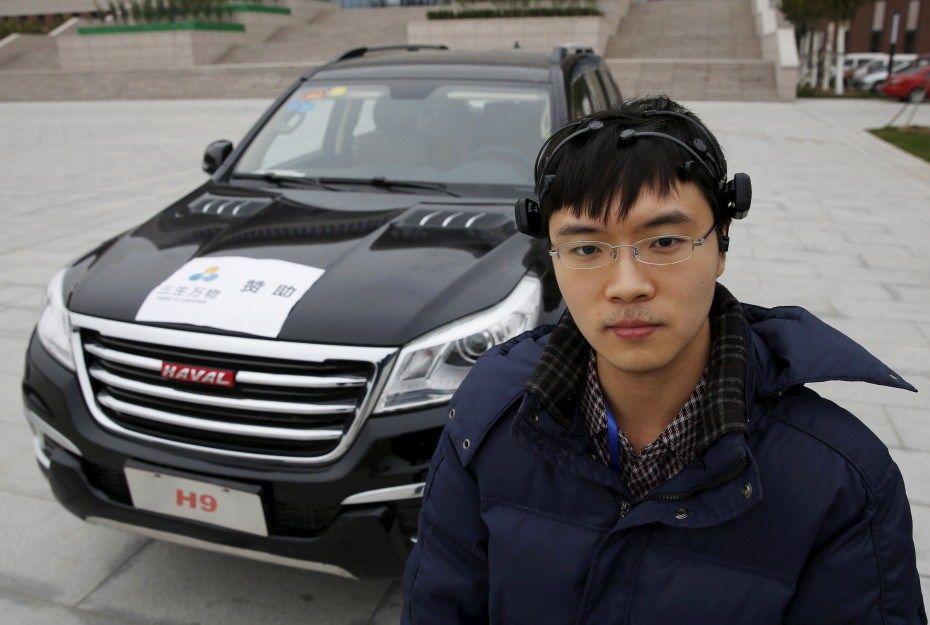
If human-less self-driving cars of the future creep you out, then this latest experimental automotive technology from China might offer you some respite. Or freak creep you out even more. Researchers from the port city of Tianjin have revealed what they claim is the country’s first ever car to be driven without the use of human hands or feet but with a driver still in control. All it takes is some brain power. And some highly specialized equipment, of course.
Mind-reading devices aren’t actually new. In fact, many companies and technologies make that claim year after year, but few have actually been able to deliver an actual consumer product, with most successful prototypes designed for therapeutic or medical uses. The theory, however, is the same throughout. Sensors read electroencephalogram or EEG from the wearer’s brain. These are then interpolated and interpreted as commands for a computer. In this case, the commands are mapped to car controls.
The application of direct brain control to driving is a two-edged sword. On the one hand, removing the delay between brain to muscle movement, which sometimes can be erroneous, could actually lead to better driver safety. On the other hand, given how easily drivers can be distracted even while their hands are on the wheel, the idea is understandably frightening to some.
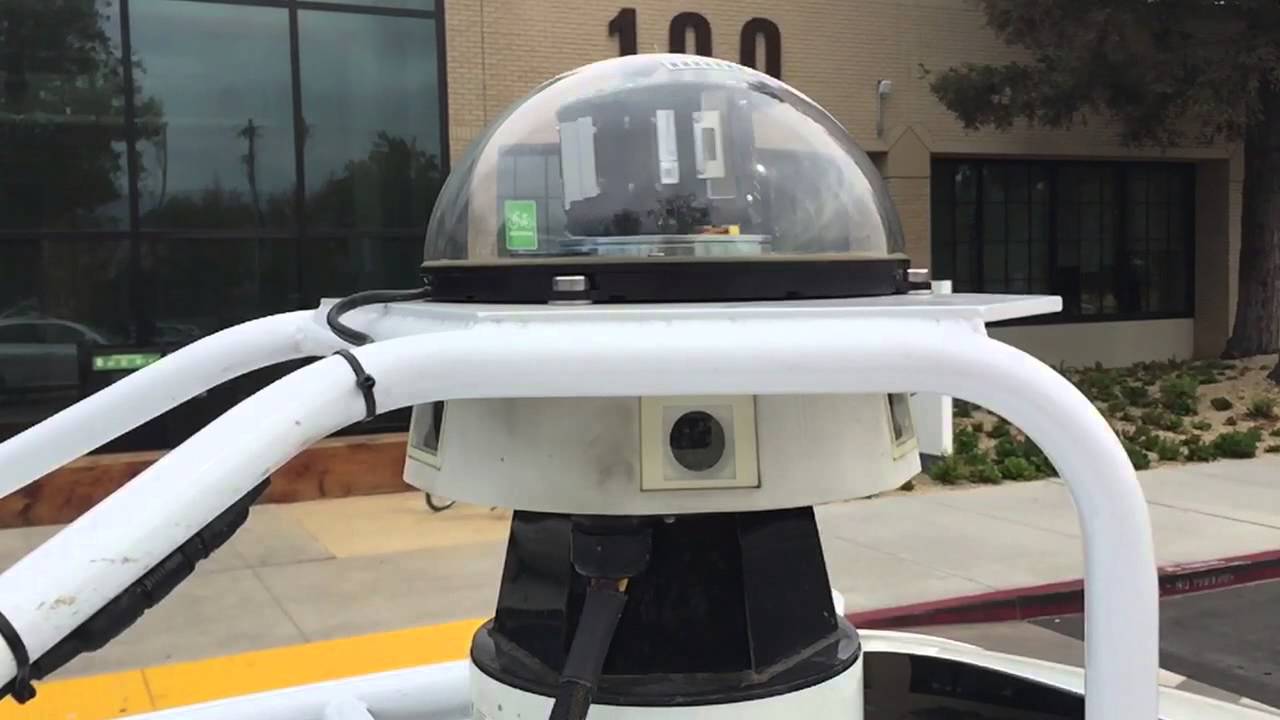
LIDAR units once cost $75,000. Now a $250 LIDAR, with no moving parts, is about to enter the market.
Giving a car “eyes” once cost a fortune. Now it’s affordable, a good sign for autonomous vehicles.
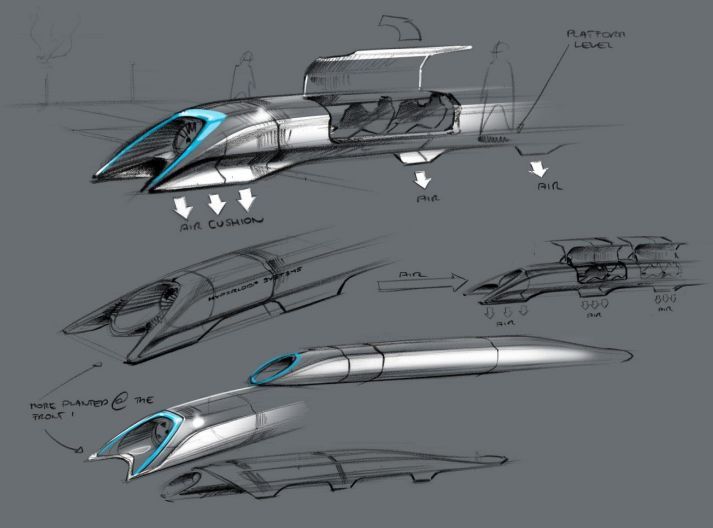
A California company with visions of building a futuristic transportation system to one day zip people and packages at nearly the speed of sound announced Tuesday it is building a test facility in southern Nevada.
Hyperloop Technologies Inc. and the Nevada governor’s office said the 50-acre facility at a fledgling North Las Vegas business park will test a linear electric motor at speeds of about 335 mph—about half the speed envisioned in a full-scale system.
“This decision represents another major milestone in our journey to bring Hyperloop to commercial reality,” Rob Lloyd, CEO of the Los Angeles-based company, said in a statement.